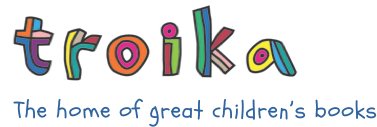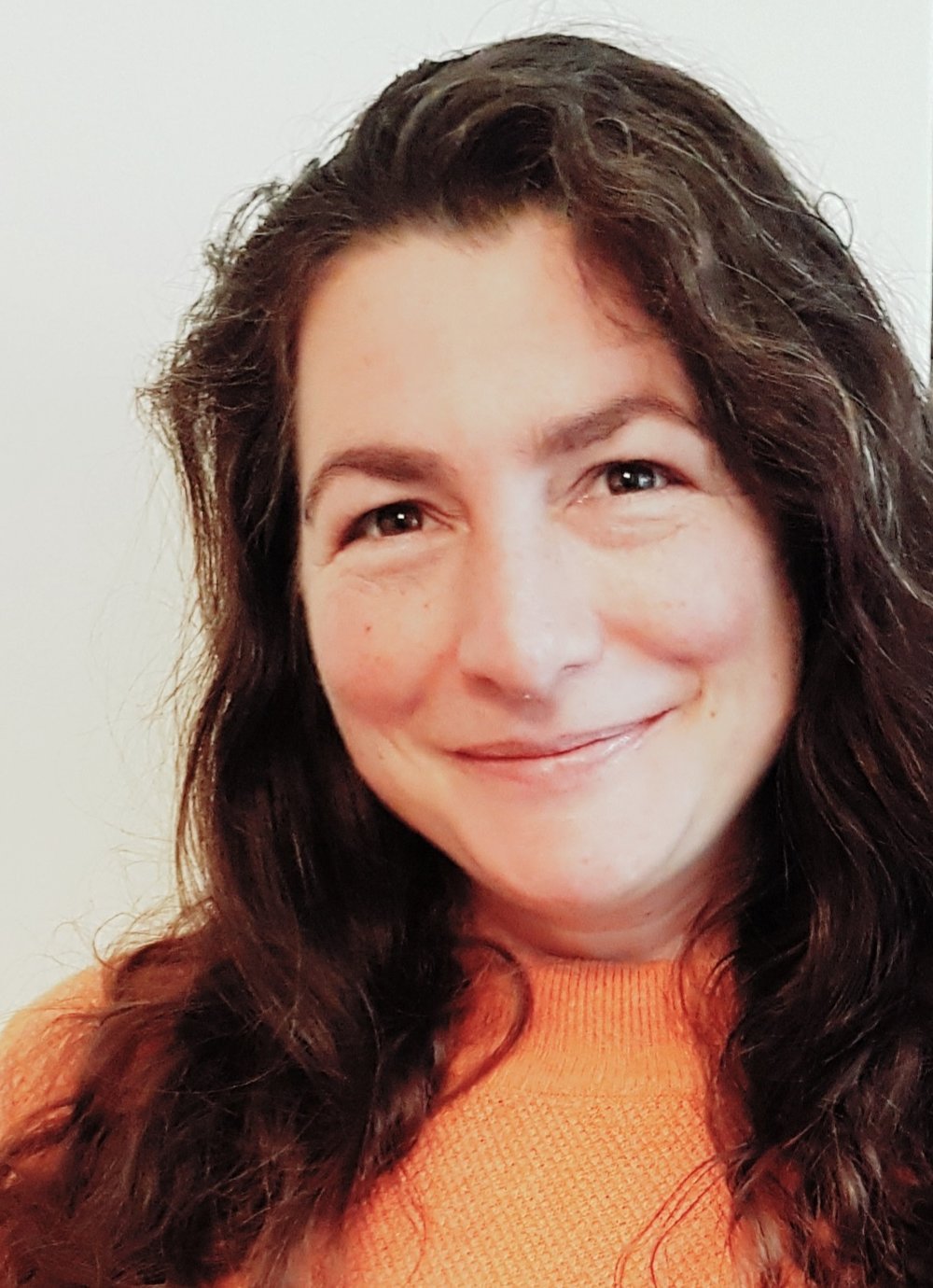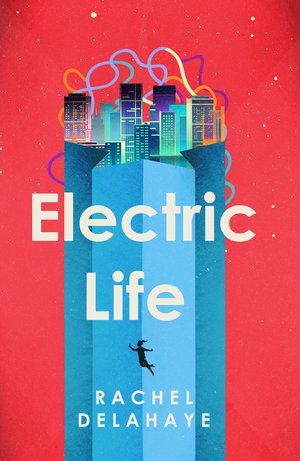"Are we, as children, free?": Rachel Delahaye on her thrilling new teen novel 'Electric Life'
We’re incredibly excited to be publishing Rachel Delahaye’s new teen novel Electric Life. Like Rachel’s 2022 novel Day of the Whale, it’s an absolute page-turner that will have you binge-reading at a pace, while at the same time making you really stop and think. Check out the trailer and you’ll see what we mean!
As publication day gets closer – 6th July is the launch date for your diary – we sat down for a chat with Rachel in her hometown of Bath, where she took us behind the scenes into the ‘making of’ the book, revealing where her ideas came from and how she feels about the fictional future she explores in the book.
Rachel Delahaye: The idea for Electric Life actually germinated years ago, when mobile phones were beginning to gain powers way beyond their original purpose. Apps were popping up in the palms of our hands, promising to make life easier and more convenient. And more attention-consuming, too. Like so many parents, I entered the battle arena pitting outdoor play against the new, bright, shiny screens. I waved the flag for boredom and the importance of it and watched, helpless, as my children increasingly craved five-second videos and addictive games. Eventually, that lure of pop-up entertainment got to me too. Soon, we all had multiple screens and hooky applications. Thumb-twiddling and dull times were things of the past.
Rachel Delahaye
Are we, as children, free?
This phenomenon of perpetual entertainment melded with something I once overheard and never stopped thinking about. It was a school open day and parents were allowed to look in on an ethics class. The question they were discussing was this: are we, as average children at this school, free?
The discussion was fascinating. First of all, the kids decided that no, they weren’t free: there were rules, homework, boundaries and limitations. But they began to realise that, in other ways, they were free – free from personally worrying about family finances, from the tasks of looking for water or killing for food, from the stresses of caring for elderly relatives. The list went on. In the end, the group concluded that yes, the average child at that school was free.
I began to think how technology – apps and connectivity – could take this further, freeing us from all fear and responsibility and insecurity and boredom. What if there were a fully connected society that offered safety and entertainment for the rest of our lives? Sure, they’d be boundaries and rules, but there would be nothing to worry about. That’s real freedom, isn’t it?
A screen-sedated society
My influences are often stories and films I consumed in my youth, and it’s clear that themes in The Machine Stops by E.M Forster and Fahrenheit 451 by Ray Bradbury feature strongly in Electric Life. A screen-sedated society isn’t a new idea! Personally, it terrifies me. So, in fighting the fear of this ever-evolving concept, I wanted to focus on that traditional, childlike joy in discovering the unwired, uncomplicated world – that feeling you had when you said you’d be home at six but you were having too good a time, out in nature, running through the woods. I wanted that to be the mind-blowing discovery - more visceral, primitive and tangible than the wow of virtual worlds or far-flung planets.
A controversial ‘utopia’
The only way to create that real-life revelation was to begin by putting it out of reach. I had to make the wilderness out of bounds, to make nature dangerous. Staying indoors had to be the starting point. This is how Estrella – the book’s connected, star-shaped city – became the controversial utopia at the centre of Electric Life. A fully integrated society, where there is no illness, from conception to grave, and nobody wants for anything. Its citizens amuse themselves with never-ending distractions, but they never stop to question why. They only know that outside the city walls, there are wastelands and toxins and guaranteed death. As far as they know, Estrella is a cocoon of safety. It’s a place to exist freely.
But… what if this was all a lie: the whole set-up, the entire circumstances. If we were tricked into accepting health and safety as the only parameters, would we still consider ourselves to be free? Or is freedom agency – the choice to move, to make our own mistakes, to succeed or to suffer and to fail?
What is freedom?
The story’s protagonist, Alara, is my exploration into the question ‘what is freedom?’. She’s not as easily entertained as others, and her craving for purpose in life (as opposed to being happy to simply pass through it) leads to her discovering that Estrella is built on rocky foundations. Beneath those foundations is a rebellious group, living a more primitive life. Once Alara knows this, she can’t unknow it and so she must make her decision: stay in a place that offers vibrant life alongside acute pain, or return to a world of safe but uneventful existence.
The joy in writing this story was putting myself in the position of Alara, experiencing unconnected life for the first time - imagining how dirt and pain would feel to someone raised in so much cotton-wool. And also imagining how music, touch, love and longing would taste if you’d never known them before – or if you had, only synthetically. Writing the book made me feel my own message acutely, too. I take time to walk in nature every day. I put down my phone. I try to use my senses. And I hope readers will emerge from the story feeling the same way. I hope they’ll want to grab life – real life – before it passes by while we’re scrolling 101 ways to be happy… I hope people will dance more – or at least tap their feet and nod their heads to music, and be together more.
As my favourite quote from Farenheit 451 goes: “‘Stuff your eyes with wonder,’ he said, ‘live as if you’d drop dead in ten seconds. See the world. It’s more fantastic that any dream made or paid for in factories.”
I’m not an enlightened person and I spend far too much time on social media to preach! But I do try to remind myself of this quote, and of the absolute thrill I experienced when writing my favourite scene in Electric Life: the carnival scene, where Alara is suddenly brushing up against a crowd – wild and unpredictable – feeling sick with nerves and electric with excitement as drum beats vibrate under her skin. She’s frightened and exhilarated.
Frightening and exhilarating. That’s real life, isn’t it?
Discover more at www.troikabooks.com/electric-life


